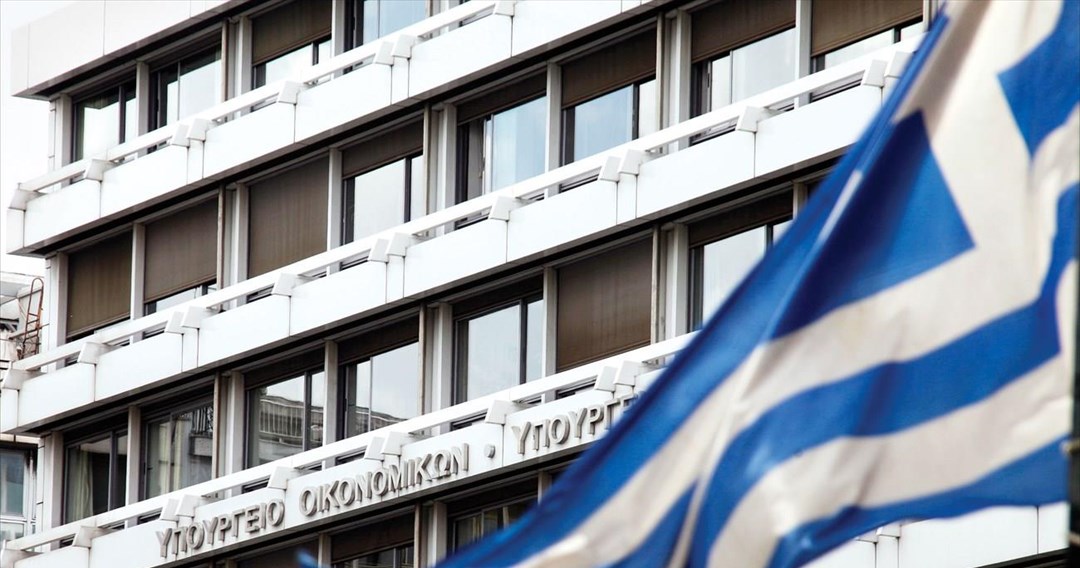According to ministry officials, the rapid de-escalation of natural gas prices significantly limits the amount of subsidies for energy, thus increasing the dynamics of the economy, which, in absolute terms, is estimated to be higher by €2-3 billion this year.
In fact, the executives in question state that if the banking crisis had not existed, the estimate for GDP growth would have been higher than 2.3%. "This uncertainty makes us conservative in our forecasts", they point out. This is because the turmoil in the banking industry is prompting financial institutions to limit risk-taking, at least until stability returns, in order to protect their balance sheets. Consequently, credit conditions for the real economy will be difficult, even temporarily, not only in Greece, but also on both sides of the Atlantic.
The forecasts for the primary results are also positive for the current year, compared to previous estimates. The forecast to achieve a primary surplus of 0.7% of GDP has a "good base" behind it from 2022. As, the primary budget deficit last year, due to nominal GDP growth (boosted by the runaway run of inflation) , is limited to the level of 1% of GDP (perhaps even lower) against the initial estimate of 1.6% of GDP.
However, the executives of the economic staff that difficulties may arise in 2024, with the changes in the Stability Pact, which, combined with the "cutter" in primary spending, minimizes the scope for flexible fiscal policy, as, the priority will be to restore the budget to a permanent primary surplus trajectory.















